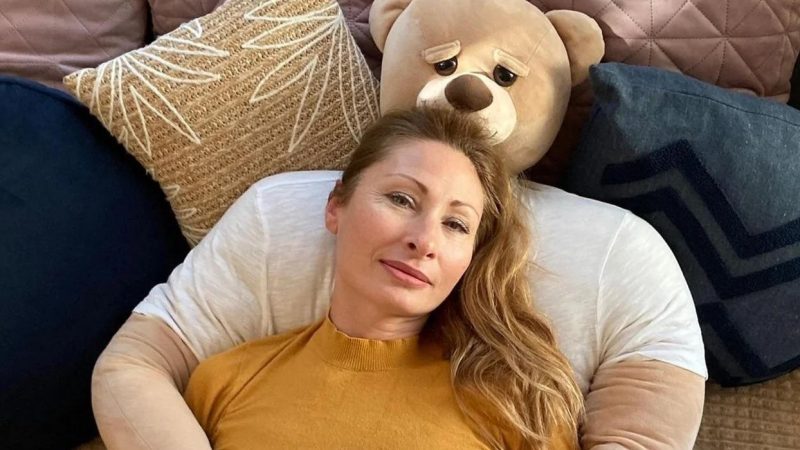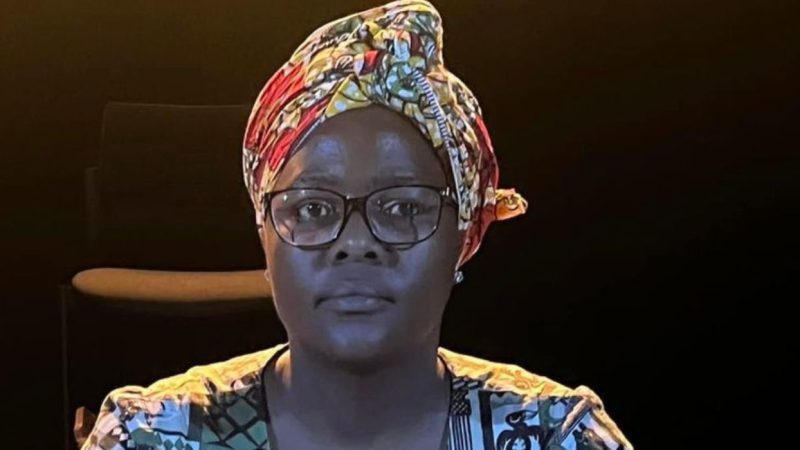‘Partnership & Coordination In The Climate Crisis Is Key’.
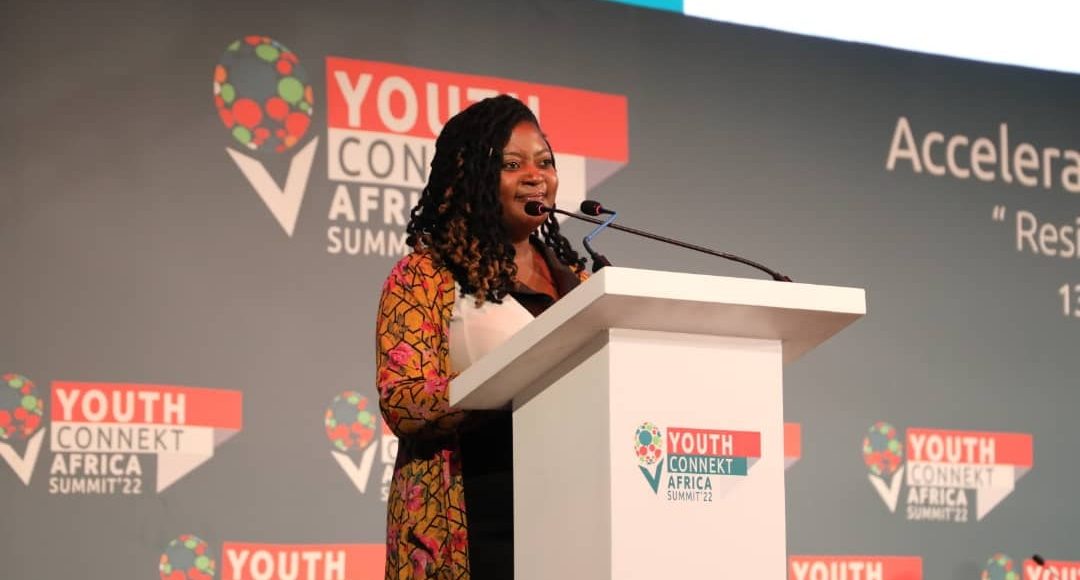
“Clean air and water, and a livable climate are inalienable human rights. And solving this crisis is not a question of politics. It is our moral obligation, if, admittedly, a daunting one.”
The rise of advocating for climate and environmental has been rising rapidly not only in Europe but in Africa as well. Activists have gone further to take their plea for a clean environment to leaders of their nations.
Elizabeth Gulugulu Machache is among, African environment and climate activities who are advocating for a clean and safe Africa in terms of environment. In an interview with My Afrika Magazine Journalist Tapiwanashe Rubaya.
Elizabeth Gulugulu talks about her role as a Climate and Environmentalist in Africa, she also shares with us what it meant discussing with UN General Secretary HE. Antonio Gutierrez about climate change.
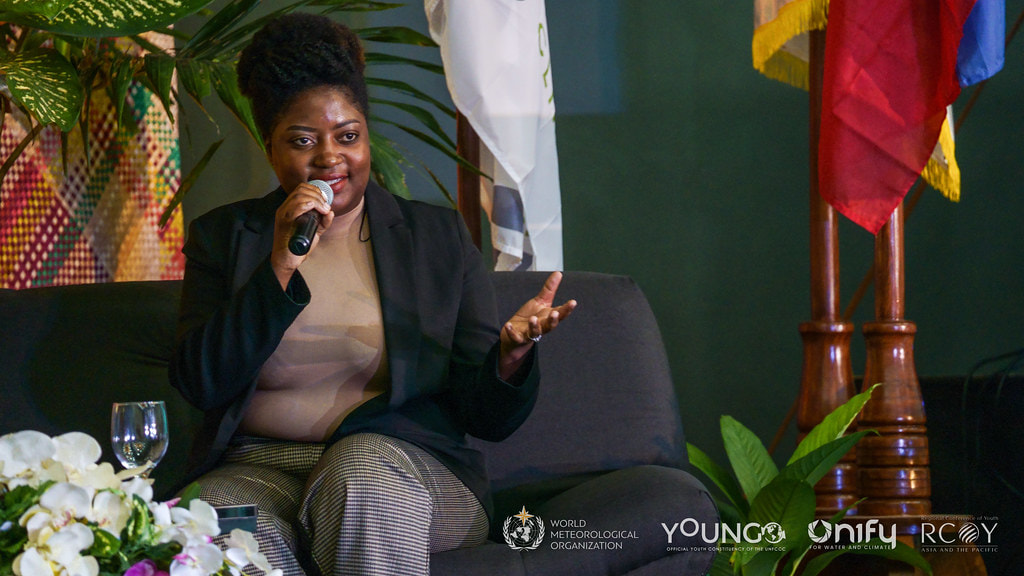
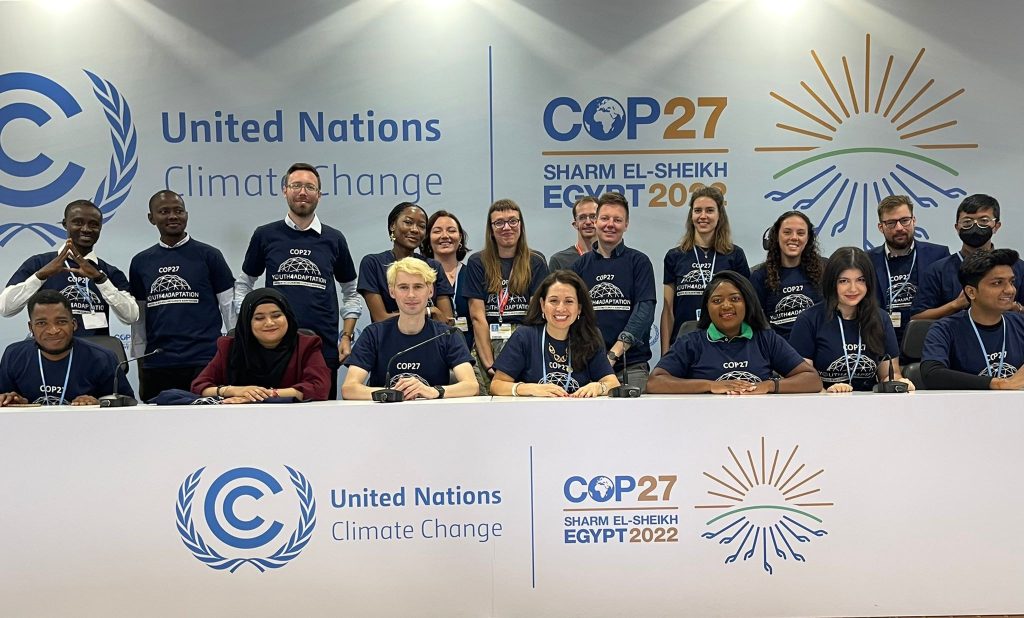
TR: Elizabeth Gulugulu Machache can you introduce yourself to our readers?
EM: My name is Elizabeth Gulugulu Machache an MSc Student at Chinhoyi University of Technology, member of African Youth Initiative on Climate Change and Focal Point of YOUNGO the Official Children and Youth Constituency to the United Nations Framework Convention on Climate Change (UNFCCC).
TR: Why did you choose to advocate for environment and clean earth:
EM: First and foremost, I am very passionate about the: environment, ever since I was young, I loved connecting with nature. Nature walks were my hobby, and I would often go to the fields with my mother. I then studied environmental science at school and am currently pursuing an MSc in Biodiversity Conservation. I have seen massive land degradation due to mining activities in Kadoma where I did my internship and how people lack knowledge on proper waste management practices, and I had to speak out and act.
TR: What has been the most challenging part in being an environmental activist especially in Africa?
EM: One challenging part is turning our activism into actions and Innovations but there is always a lack of financial support along the way. So many young people have brilliant ideas to tackle waste pollution whilst introducing sustainable products on the market but there is no support. Lack of technology transfer to support with early warning systems for our communities.
TR: Do you think, the claim that Africa is the least contributors in climate change has contributed for African politicians not to be active enough in advocacy?
EM: Most African politicians I know are very much active in advocacy on climate change but it’s a matter of injustice whereby the polluters do not want to pay or compensate Global South Countries and stop polluting. Those with money have access to big media houses and bigger platforms whereas Global South Politicians do not have access to these platforms, if it happens by chance that they do have sometime their words ends up misinterpreted.
TR: You have worked with several organizations within Africa, what are some of the positive results you have yield?
EM: Some organizations have managed to unlock green jobs, for example Green African Youth Organisation (GAYO) based in Ghana young people have created jobs for themselves by turning organic waste to manure which they sell. The Young Volunteers for the Environment (YVE) in several countries has been advocating for Agroecology and created opportunities for young Africans to contribute into policy work. The African Youth Initiative on Climate Change (AYICC) in more than 40 African Countries has trained and capacitated young people in renewable energy.

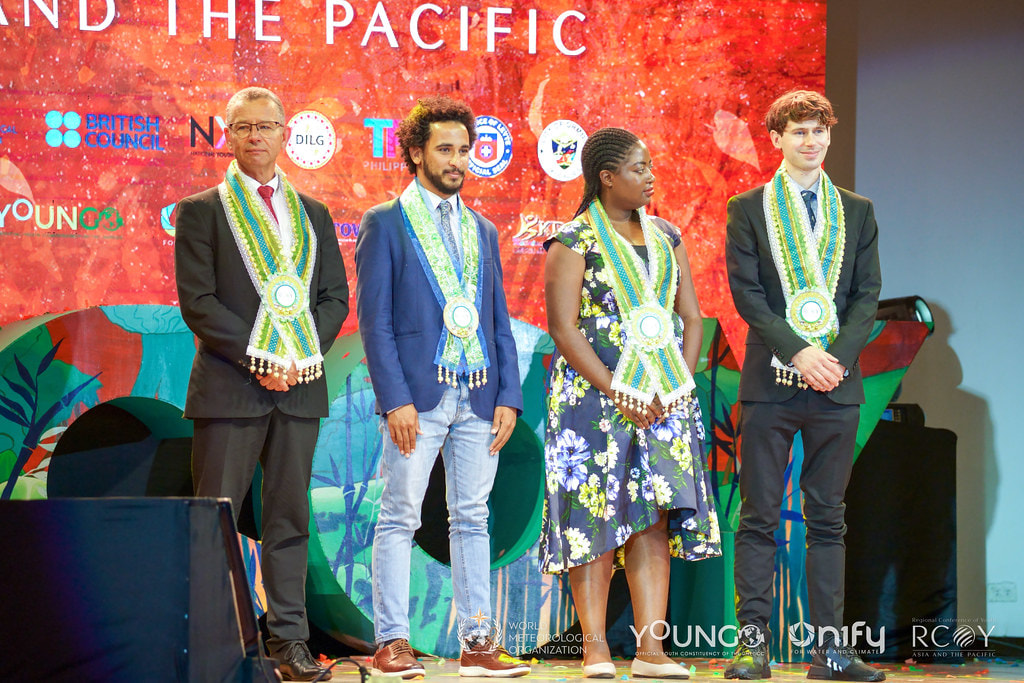
TR: Speaking about organisations can you share with us the role of YOUNGO in climate change?
EM: Well, YOUNGO is a constituency were by youth accredited organization to the UNFCCC engage and exchange information in line with the UNFCCC process. YOUNGO stands for Youth NGOs, the platform is open to any young person interested in understanding about the process.
TR: Last year you had a great opportunity to meet heads of states including UN General secretary. What was the message you delivered to him?
EM: It is always a pleasure engaging with heads of states, listening to them and how they are mainstreaming youth engagement in this complex process. The UN Secretary General his excellency Antonio Gutierrez acknowledged the role of young people in the process, our message to him was on fair representation especially on indigenous communities, establishing the loss and Damage facility, encouraging parties to include young people to be part of the party delegation and having a separate fund to to support youth climate actions.
TR: What is your 2023 major task?
EM: This year my task is to continue with awareness on Climate Policies making it child friendly and engaging more people in the discussion keeping in mind that Climate Action is a community action.
TR: There has been a public suggestion that more should be done or added in the litter pollution?
EM: If I am not mistaken it is already illegal according to section 83 of the Environmental Management Agency (EMA). In my opinion it is an offense we all have a responsibility to take care of our environment, and this does not only apply at home but everywhere.
TR: Lastly what words do you have to climate and environment activists
EM: Partnership and coordination in the Climate Crisis is key.

